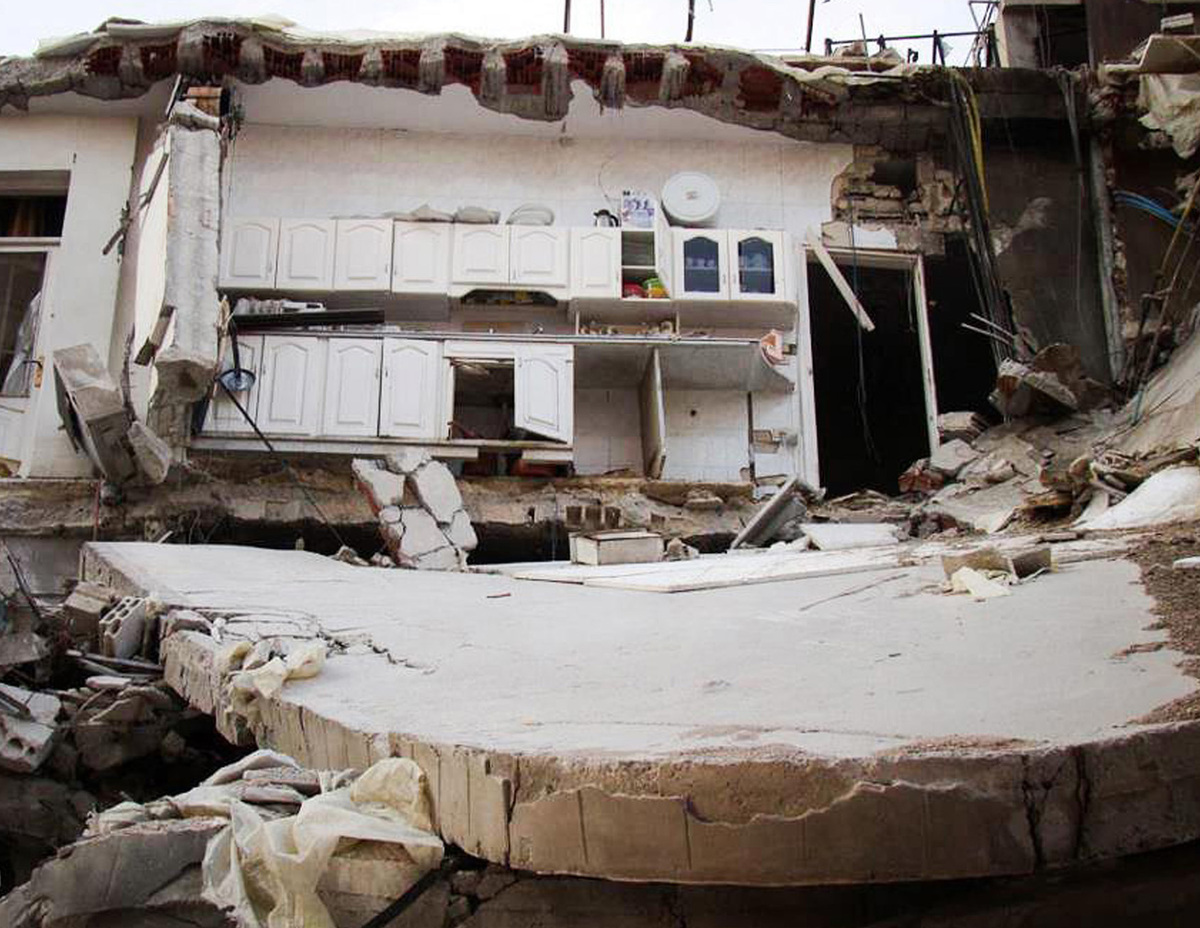Syria Conflict: Airstrikes On Damascus Suburbs Intensify Activists Say
By BARBARA SURK
10/31/12 08:17 AM ET EDT 
BEIRUT -- Syrian warplanes pounded opposition strongholds
around Damascus and in the north Wednesday, as President Bashar Assad's
forces intensified airstrikes against rebels seeking to topple him,
activists said.
The Britain-based Syrian Observatory for Human Rights, which gathers
reports from a network of activists on the ground, said government jets
carried out five strikes in the eastern Ghouta district, a rebel
stronghold close to the capital.
Three airstrikes also hit the rebel-held city of Maaret
al-Numan that straddles a key supply route from Damascus to Aleppo,
Syria largest city and a main front in the civil war. Maaret al-Numan
has been under constant bombardment since it fell to the rebels on Oct.
10.
No casualties were reported in Wednesday's strikes, the Observatory
said. However, at least 185 people were killed nationwide in airstrikes
and artillery shelling the day before, pushing the total death toll from
the relentless fighting in Syria to over 36,000 since March 2011, said
Rami Abdul-Rahman, the activist group's president.
At least 47 soldiers were also killed Tuesday, according to the Observatory.
Syria's crisis began as a peaceful uprising against Assad's regime
inspired by the Arab Spring but quickly morphed into a bloody civil war.
The international community remains at a loss about how to stop the
war and a U.N.-proposed truce last week for a major Muslim holiday
failed to take hold. More than 500 people were killed in fighting during
what was supposed to be a four-day cease-fire ending Monday.
In China, the U.N.-Arab League envoy to Syria, Lakhdar Brahimi, met
Wednesday with China's foreign minister to solicit Beijing's support for
international efforts to stop the bloodshed.
The U.S. and other Western and Arab nations have called on Assad to
step down, while Russia, China and Iran continue to back him.
In
the past weeks, the regime has intensified airstrikes on rebel
positions and strongholds. Activists speculate that the government's
heavy reliance on air power reflects its inability to roll back rebel
gains, especially in the north of the country near the border with
Turkey, where rebels have control of swathes of territory.
"The Syrian regime can't do anything on the ground, and that's why they use air strikes," Abdul-Rahman said.
The international community's failure to push for an even modest
truce raised fears of a prolonged conflict in Syria that could drag in
its neighbors such as Turkey, Lebanon and Jordan.
Turkey's support for the Syrian rebel movement has been a particular
point of tension between the former allies. Turkey has reinforced its
border and fired into Syria on several occasions recently in response to
shells that have landed from Syria inside Turkish territory.
Syria's Foreign Ministry spokesman, Jihad Makdessi, accused Turkey of
having "destructive policies" against Damascus and claimed the Turkish
foreign minister, Ahmet Davutoglu, was "targeting the security and
stability" of Syria.
Makdessi was referring to Tuesday's comments by Davutoglu who
expressed "great sadness" that the holiday cease-fire had failed and
said his government was done talking to Assad's regime.
The spokesman insisted it was the unwillingness of Turkey and Gulf
states to cease supporting the rebels that doomed the truce, the
state-run SANA news agency reported late Tuesday.
Damascus views the rebels as terrorists and accuses them of being foot soldiers in a foreign plot to destroy Syria.
Also on HuffPost:




































































.jpg)









